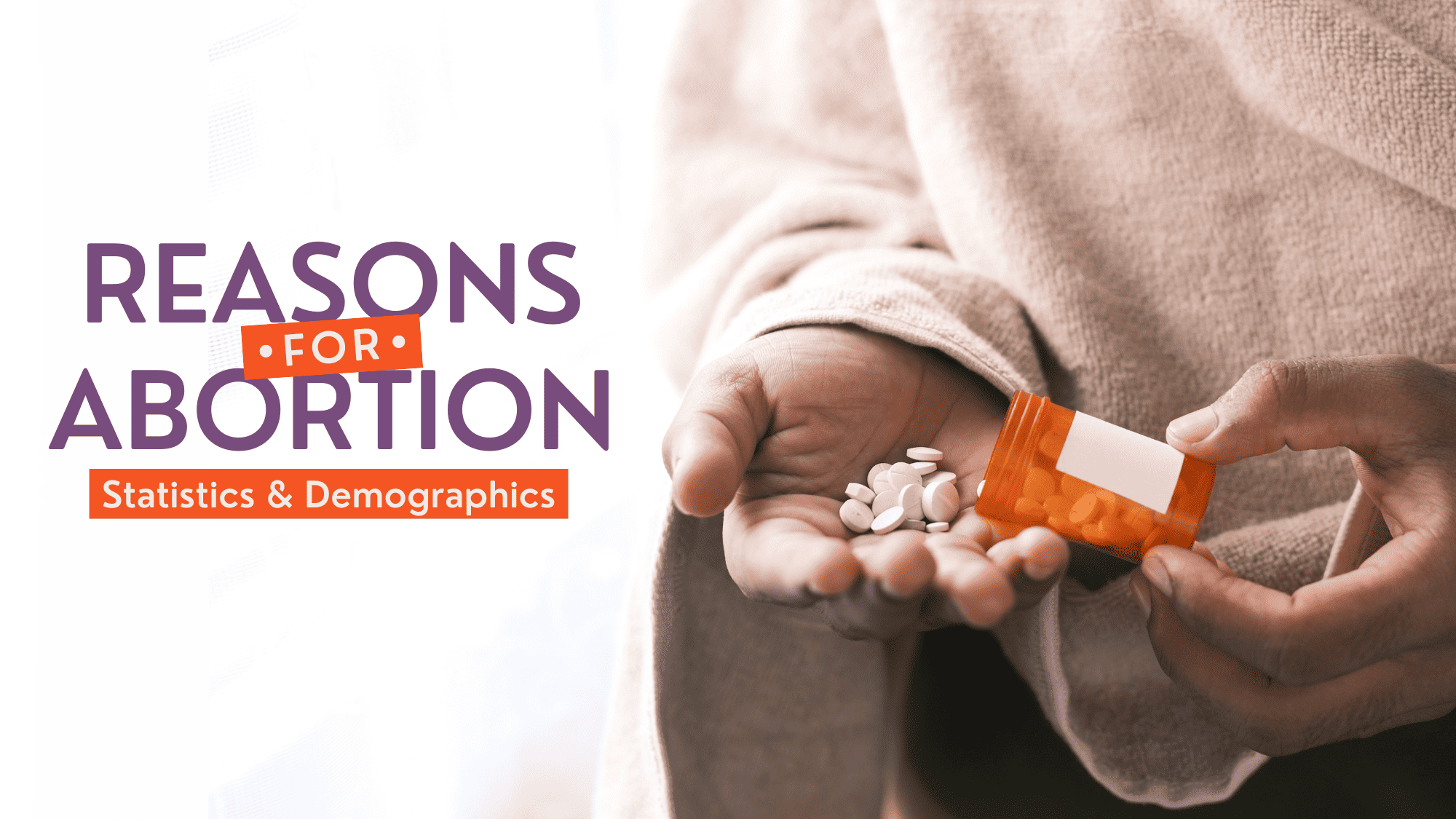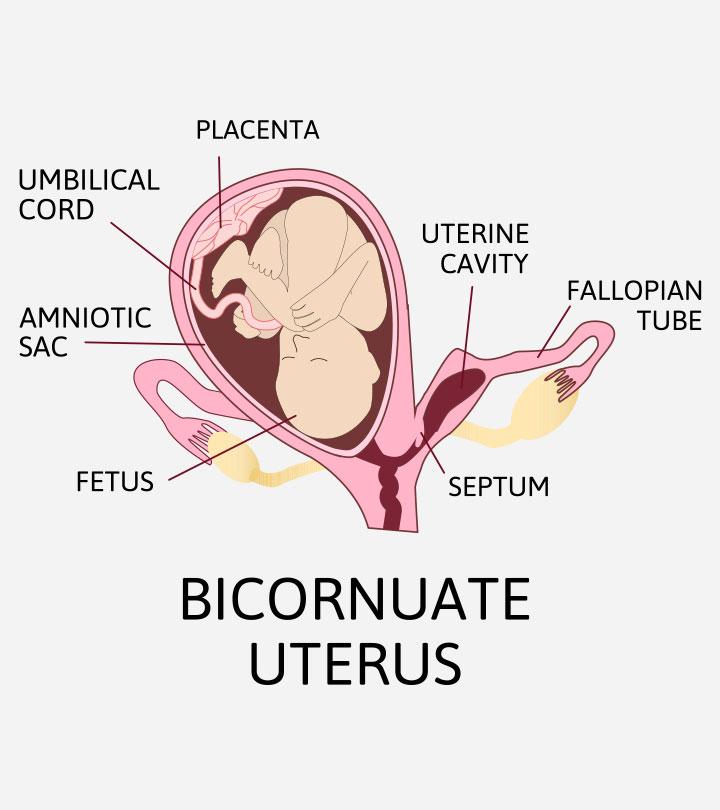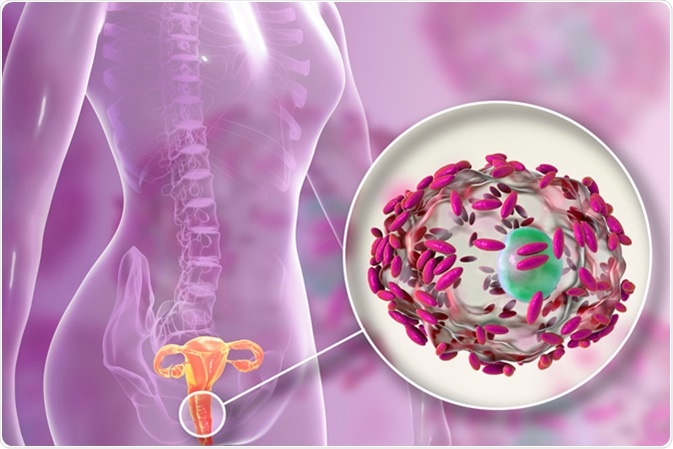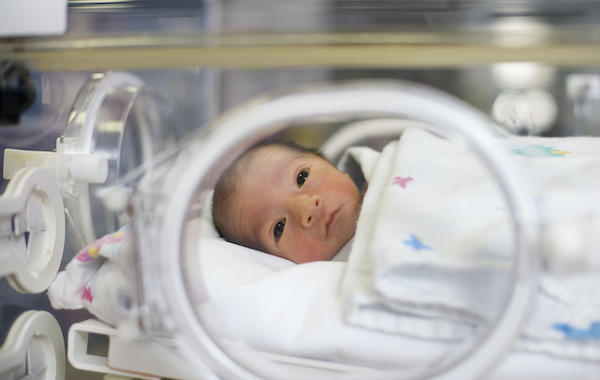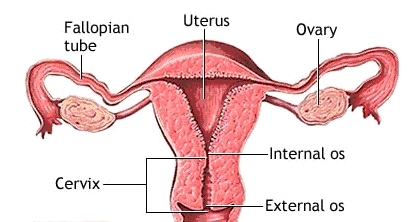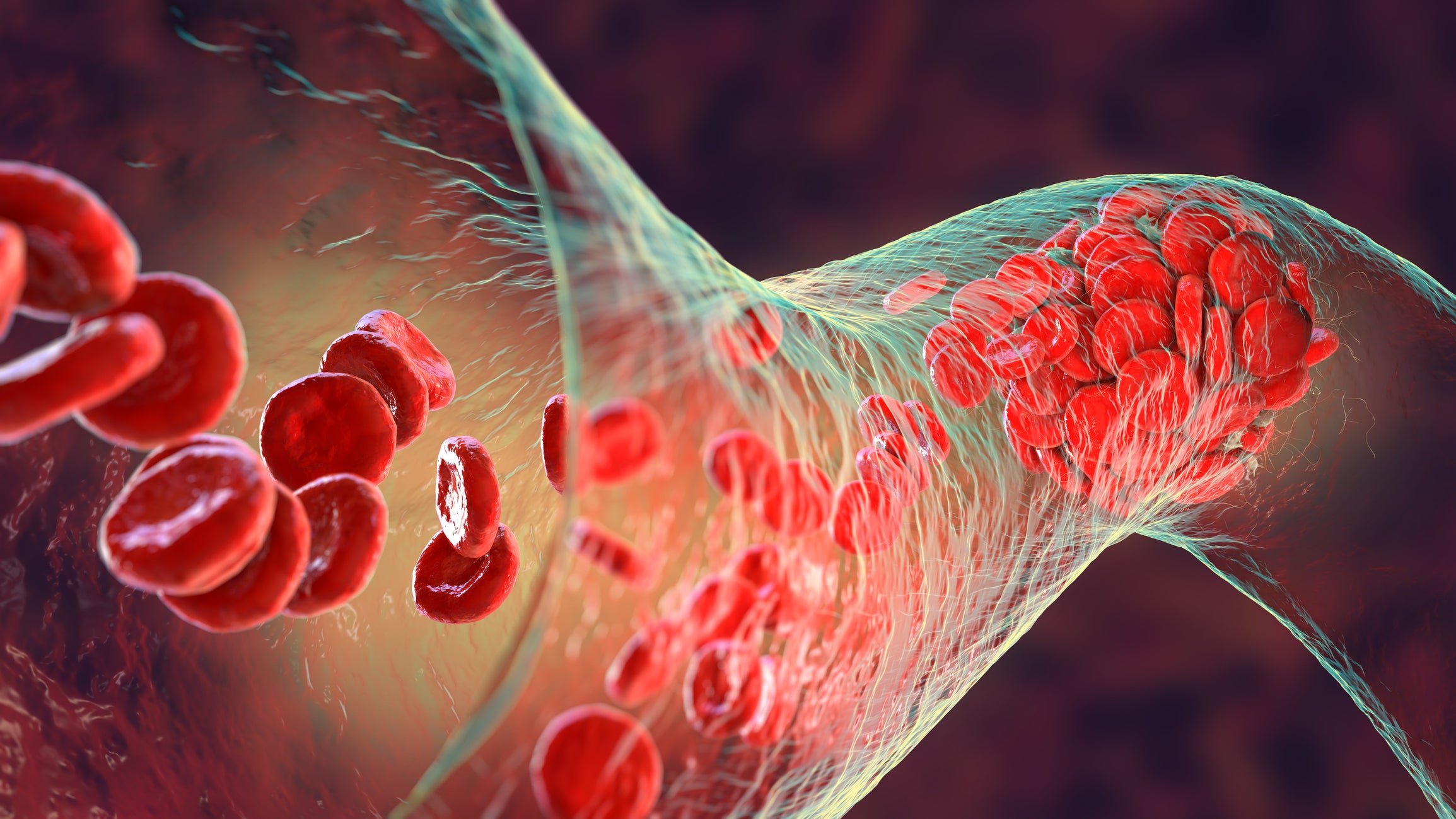One out of every 8 pregnancies confirmed by a urine test will end in miscarriage. A problem that many people who face this kind of experience ask is what causes it. A large percentage of miscarriages occur in the first three months of pregnancy.
The zygote formed by the union of an egg and a sperm develops into an embryo after implantation in the uterus. There are many things that are essential to this process. Miscarriage may occur due to deficiency of any of these factors.
One of the main things that is necessary for the development of a healthy child is that the genetic composition of the child is located correctly. Each cell in our body has 46 chromosomes. Of these, 23 are inherited from the father and 23 from the mother. If there is any change in the composition of these chromosomes, the embryo will not be able to develop as a normal healthy child. There are unusual situations where many fetuses miscarry in the first month before you even know you are pregnant. Abnormal fetuses that remain are responsible for the majority of miscarriages in the first trimester. In addition, fetuses with other genetic and physical abnormalities are also subject to abortion. Such abortions occur naturally as the process of natural selection that prevents the birth of abnormal children. It is not possible to prevent such abortions with medical treatment or any other method.
There are cases of miscarriage even when the child has no abnormal condition. The reasons for that are
1. Infectious conditions in the mother.
A viral disease in the mother sometimes leads to miscarriage. Things like high fever, viral infection in pregnancy can cause this. Miscarriages due to the entry of germs into the uterus through the cervix are rarely seen and often this type of abortion occurs after the first three months.
2. Illnesses of the mother.
If diseases such as diabetes and abnormal thyroid hormones are not properly controlled, there is a risk of miscarriage.
3. Improper hormone levels in the mother's body during pregnancy
Progesterone hormone helps to maintain the uterus in a state of pregnancy. If this hormone is not produced in the right amount during pregnancy, there is a possibility of miscarriage. Sometimes doctors prescribe progesterone pills or injections to prevent it. The HCG hormone produced by the placenta during the first few weeks is necessary to keep the pregnancy safe. Therefore, the decrease in the amount of these hormones can also affect miscarriage.
4. Disease conditions that increase blood clotting in the mother.
The fetus receives nourishment from the mother's blood that passes through the placenta. If the blood is too thick, the delicate blood vessels of the placenta will be blocked and the amount of blood supplied to it will decrease. Then there is a high chance of miscarriage. When there is such a condition, it is possible to reduce the risk of miscarriage by giving drugs such as aspirin and heparin to reduce blood clotting.
5. Abnormalities of the mother's uterus.
Miscarriages can occur due to factors such as fibroids protruding from the inner wall of the uterus, and the presence of a wall (uterine septum) that divides the uterus into two . Such diseases can be prevented from happening again by correcting these conditions through hysteroscopy.
6. Infectious conditions in the vagina
If proper treatment is not done for infectious conditions such as bacterial vaginosis , then the risk of germs entering through the cervix increases.
Most of the above reasons do not affect recurrent miscarriage. Therefore, just because one miscarriage happened, there is no reason to fear that it will happen again.
We can divide the pregnancy period into three trimesters. It is like this
- First trimester from week 1 to week 12
- 13 weeks to 28 weeks second trimester
- Third trimester from 29 to 36 weeks
Generally, there is a higher chance and risk of miscarriage in the first trimester. But in the second and third trimesters, the risk of miscarriage is minimal and rarely occurs.
Why do miscarriages occur after the first trimester? Several factors can contribute to this.
1 - When the baby grows with some abnormality.
Miscarriage can occur due to certain mutations in the embryo's genes or in the chromophores that carry the genetic characteristics. Accordingly, when a child is born in the mother's womb with genetic problems, it is difficult for the child to survive due to the physical deficiencies that occur, so the child may die in the womb or die a few days after birth. This is a naturally occurring process.
2 - Due to some diseases in pregnancy
Miscarriage can occur because the baby's heart, brain, spinal cord and nervous system are not developing properly. Sometimes this condition can be caused by not taking folic acid and vitamins properly.
3 - Due to some abnormality in the mother's uterus
Humans usually have only one uterus. But in some cases, the mother's uterus is divided into two or is located with some other abnormal condition, because it hinders the growth of the child, so the healthy growth of the child may be hampered and the child may miscarry.
4 - Due to fibroids in the uterus
After a woman with fibroid cysts becomes pregnant, the abnormal protrusion of fibroid cysts into the uterus may hinder the growth of the child and cause miscarriage. But if the fibroids are not obstructing the fetus, there will be no miscarriage.
5 - Due to an abnormality in the mother's cervix.
The cervix is where the uterus opens into the vagina. If the cervix is strong, it can support the growing baby. If the cervix is too small or weak, there is a risk of miscarriage due to the embryo coming out.
6 - The mother suffers from a disease of rapid blood clotting.
Blood clots occur between the uterus and the placenta, preventing the fetus from feeding. Miscarriage may occur as the development of the fetus is hindered.
7 - Due to the entry of a poisonous seed into the amniotic fluid
Generally speaking, by drinking the water bag, there is a risk of getting poisonous seeds into the uterus. In some cases, there is a risk of miscarriage due to the water bag breaking and germs entering.
Early signs of a miscarriage after the first trimester
Generally, a healthy mother will not experience abdominal pain between 13 and 28 weeks. Therefore, if abnormal vaginal bleeding occurs along with abdominal pain, you should immediately inform your obstetrician and gynecologist.
If a germ is infected, the mother will have symptoms such as high fever and discharge from the vagina.
Can such abortions be prevented?
It is not possible to prevent such an abortion when the pregnancy grows with some abnormality. It happens according to the laws of nature as mentioned earlier. However, there are cases where some children are born with many defects and live for a short or long time.
There are treatments that can prevent miscarriage when there is no abnormality in the pregnancy.
The cervix is said to be a locked door that prevents the embryo from coming out of the uterus. During labor, the cervix is locked and slowly dilated. Early detection of cervical weakness can prevent unnecessary dilatation of the cervix and prevent miscarriage by suturing the cervix. This is usually done through the vagina. But in cases where such sutures fail, laparoscopic technique is now available to suture the upper part of the cervix.
When the mother suffers from a blood clotting disorder, drugs such as aspirin and other treatments can reduce the risk of miscarriage.
When a poisonous seed has entered the amniotic fluid, the mother is taken to the hospital and undergoing certain tests, antibiotics are given to prevent bacterial infection. Treatment is also given to develop the child's lungs. Attempts are made to make the child grow in the mother's womb as much as possible, but there are also cases where the fetus is removed from the mother without paying much attention to how much the child has grown when there is a threat to the mother's life. This is called chorioamnionitis and is very rare.

